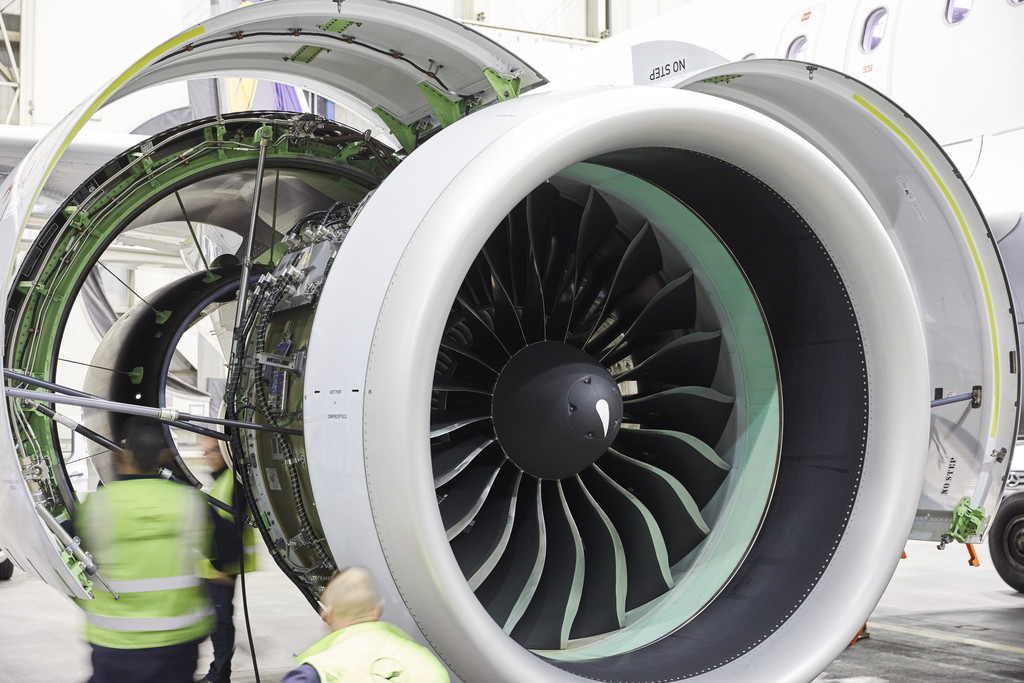
Challenges facing MRO operations to comply with the implications of Brexit
With the ending of the transition period on December 31, 2020 Brexit has been accomplished. Months and years of tough negotiations between the European Union (EU) and United Kingdom (UK) have come to an end and the times of countless speculations on different Brexit scenarios are over. Now, the focus is instead on the implementation of the decisions which have been taken.
In the article below our experts outline the various challenges MROs are facing due to Brexit. Mainly decisions regarding safety issues are in focus for the MRO area. This article provides an overview of regulatory requirements and certificates which are impacted, e.g. Part-145, Part-21J or Part-M.
For MRO operating companies outside the UK with EASA certificates, the current changes do not appear to be drastic. However, every company affected needs to assess the requirements in detail. Especially, when currently valid approvals expire and need to be separately applied for at the CAA.
For UK-based companies with UK approvals, the efforts are more substantial and the effects may be more drastic. This may lead in combination with other Brexit implications to a rethinking and possibly reshaping of existing business models.
Lufthansa Consulting, with its long-term experience in regulatory projects with EASA, IATA and others, is ready to support its clients by assessing Brexit implications and resulting actions to ensure compliance in the future.
Laura Desel is Consultant at Lufthansa Consulting, she is an expert for regulatory topics in the MRO area and member of the Solution Group Maintenance and Engineering.
Related articles
Potential of flexible rightsizing for European MRO organizations through adaption of aviation law
MRO operations and Covid-19: leveraging the enforced ground time and planning for the future
